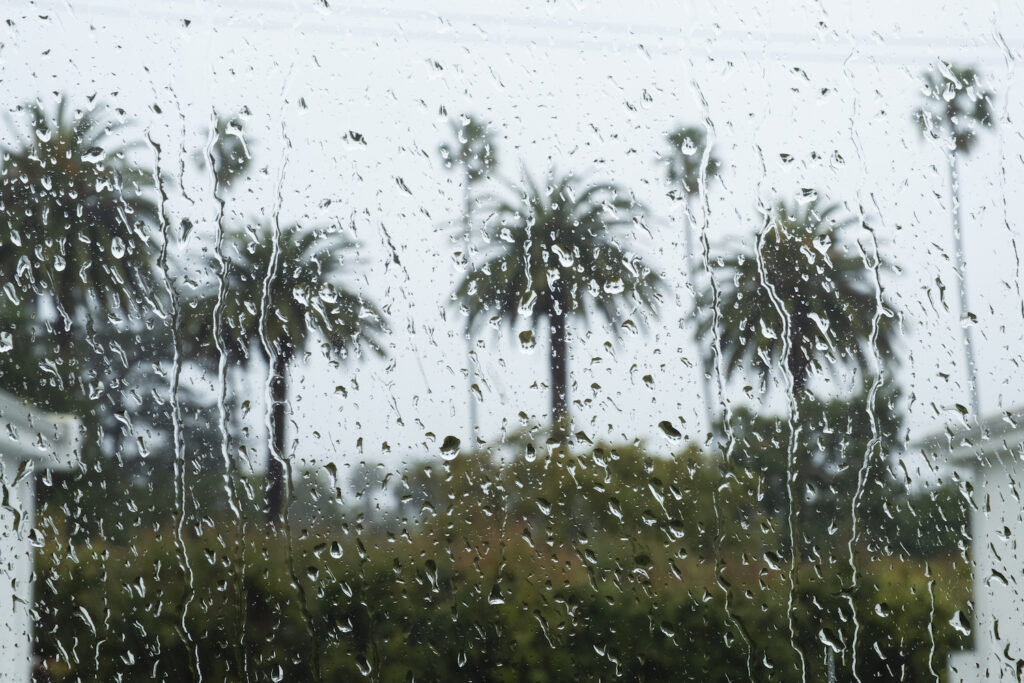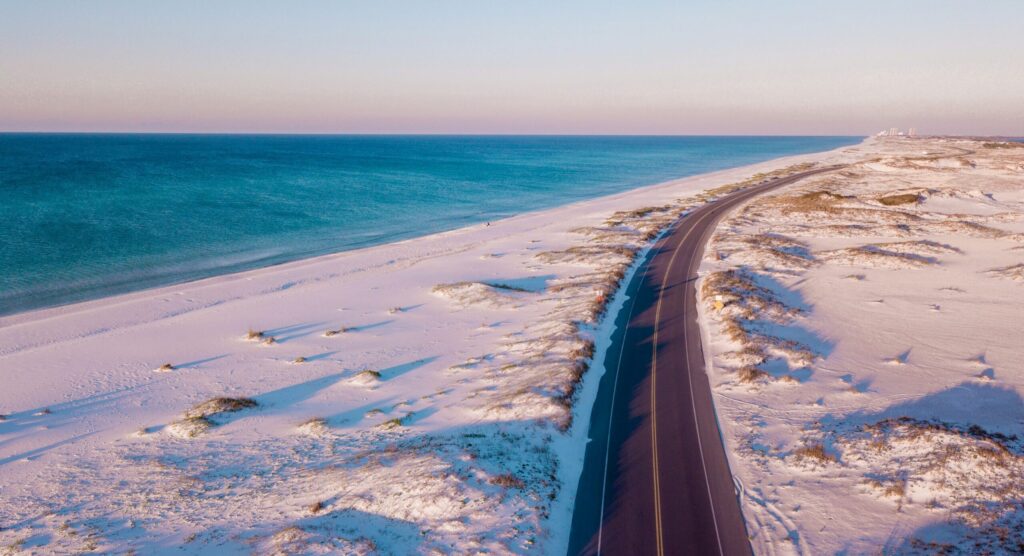This summer it was so hot in Canada that it actually snowed in August. No, wait. It was so… climatey. It hadn’t snowed in that spot in August since 2001 but nothing to see here folks. The snow is disappearing except in Canada in August. The story really said so. Now admittedly parts of Canada are in the Arctic and thus you’d suppose cold despite that rhubarb about the Arctic warming four times faster than something else. But if heat is climate, cold can’t just be weather. As for instance the Daily Mail’s “A monster blizzard is set to dump the heaviest amount of snow of the ski season and bring gale-force winds and heavy rain to large parts of south-east Australia.” No prize for guessing what word does not appear anywhere in that story.
Speaking of Australia, the Guardian reports that cold is heat, saying “Australia had its second coolest winter this decade, bureau data shows, but temperatures were still above long-term average”. And also that parts of the country were wetter than usual and parts were dryer, almost as though weather were variable. But of course it’s not, at least to them:
“Increases in ocean temperatures around the globe and Australia have been linked to global heating. Sea surface temperatures in June and July were above average off the NSW and Perth coasts. [Bureau of Meteorology “climate team leader” David] Gooding said warmer ocean temperatures ‘give more energy for rain and storms’.”
So the facts may change. But the story doesn’t. And speaking of warming faster, the New York Times shouts “Climate change transforms summer in Europe” atop a piece by Claire Brown that starts:
“This summer, record wildfires have raged across Europe, burning more than a million hectares of land and forcing people to evacuate their homes. A five-day stretch of extreme heat killed hundreds of people. Spain baked through its most intense heat wave on record, and the United Kingdom is all but certain to have seen its hottest summer ever. In Europe, which has warmed about twice as fast as the global average, climate change has begun to force difficult questions about the economic and cultural costs of adapting to a dangerously warming planet.”
That wildfires are not becoming more common was left unmentioned lest it cause lack of talk. Nor did they say what places are warming slower than average. It seems to be on Mars or something. But climate change has begun to force difficult questions about whether… um… cold still kills more people than heat. Yup. It does. Bring on the danger.
In fact Brown promptly calls herself a liar:
“Hotter summers are reshaping Europe’s tourism industry, prompting cities to plan for days of asphalt-melting heat, and sparking national debates about the use of air conditioning. Wildfires have added to the summer’s health risks. At the same time, this summer’s overall temperatures across the region were ‘normal-ish,’ according to Carlo Buontempo, director of the Copernicus Climate Change Service, the European Union monitoring agency.”
OK. So no reshaping of anything. Just a normal summer and a panicky press. As for “national debates about the use of air conditioning”, another typical journalistic phrase concealing lack of meaning even from the author, we imagine it’s more a matter of people going “Honey, it’s hot, can we afford AC?” Or “Can we afford this government?” given the anodyne comment:
“Elsewhere, high electricity prices are forcing residents to find other ways to adapt. In Britain, some are exploring options like improving insulation or planting trees to shade their rooftops. In other countries, residents are experimenting with reflective paint, white stone facades, and heavy shutters.”
And why are electricity prices so high? Shtum. Don’t mention the renewables. And speaking of the wizards at World Weather Attribution, they teleport in:
“A five-day period of extreme heat in late June and early July resulted in 2,300 heat-related deaths across 12 European cities, according to an early statistical estimate by scientists at World Weather Attribution. Their analysis found that the influence of climate change may have tripled the death toll. ‘We often talk about heat waves as being the silent killer because you do get these excess deaths that are not necessarily visible,’ said Clair Barnes, a research associate with World Weather Attribution. She added that heat-related deaths are frequently not recorded as such.”
Wait a minute. Heat deaths that aren’t recorded as heat deaths are attributed because our crystal ball is very crystalline? Nice work if you can get it. Also the piece made no effort to document that there had in fact been record wildfires. You don’t need facts in that business.
Generally you don’t even want them. But surely it’s not unfair to mention that despite the manufactured hottest summer ever in the UK, August there ended with a “yellow alert” that it was going to be wet and windy. Yes, incredibly, in England. More like a beige alert in our view. But don’t let your eyes or your raincoat deceive you:
“The wet and windy conditions come after a long hot, dry summer, which the Met Office said on Tuesday would ‘almost certainly’ be the UK’s warmest on record as the mean average temperature for the season stood at 16.13°C, based on data up to 25 August. If this season is confirmed as setting a new high for average temperature, it will mean all of the UK’s top five warmest summers will have occurred since the year 2000. The top five currently are: 2018 (15.76°C), 2006 (15.75°C), 2003 (15.74°C), 2022 (15.71°C) and 1976 (15.70°C).”
The Daily Mail reports on the same thing in ways that verge on deceit quite apart from the warmest summer:
“Britons are being warned to batten down the hatches as tempestuous weather looks set to hit the UK, bringing an abrupt end to the nation’s warmest summer on record. The Met Office has issued a yellow weather warning as the nation braces itself to be buffeted by strong winds, heavy rain, thunder and hail tomorrow. The alert comes days after remnants of Hurricane Erin rocked parts of Britain last week, after the Category 5 monster exploded in the Atlantic.”
Reading that prose you’d think Erin had been one of those devastating storms produced by the dreaded climate change, not the remarkably late first Atlantic hurricane of the remarkably quiet season, and one that didn’t make landfall, instead “meandering south of Iceland for a few days before dissipating on August 28, west of the United Kingdom.”
Sometimes it’s best to report things ahead of time in case they don’t happen. Thus the Weather Network bellowed:
“The recent spate of above-seasonal temperatures on the West Coast will continue straight into the upcoming week, potentially threatening to topple the record for Canada’s hottest-ever reading in the month of September. Temperatures in parts of B.C. are forecast for the mid-to upper-30s, and could soar close to the 40-degree mark in some areas during the opening days of September.”
At which point the existing record for September was 40°C back in ‘06. Albeit 1906, hard to square with climate change making heat waves 43 million times more likely or whatever. Oh, and Lost River, SK, which we don’t know where it is (just kidding; we do have Google on our computers), which hit the same mark in um 1940. The Weather Network reports both as 40.0°C but if you believe that they were measuring to a decimal place in 1906 in Morden, Manitoba we would like to sell you a seaside mansion in Lost River, conveniently located near the Allan Hills via “Highway 764”, a gravel road.
To be fair, the Weather Station then triumphantly reported a brief spike to 40.8 on Sept. 3, provisionally, in Ashcroft, B.C., which speaking of Google Maps seems to have been measured on a road at an industrial terminal, a classic Urban Heat Island site even in a small town. It has since been revised downward slightly and we shall see if there’s more to come. But what about “Major cooldown and heavy rain will end this first week of September in Ontario”?
You guessed it. The word “climate” does not appear in the story.


